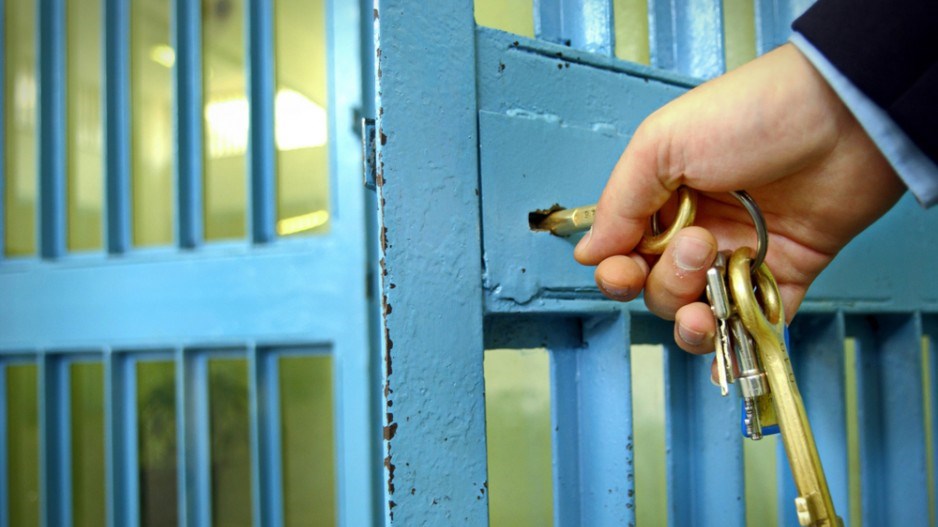As municipal and provincial governments begin to ponder firmer measures to enforce social distancing guidelines and stop the spread of COVID-19 in Canada, residents of the country are starting to show signs of despondency.
Only the most optimistic – or misguided – people can venture a guess on when our daily lives will return to the way they were just a few weeks ago.
The information that Canadians rely on to figure out what’s next is changing by the day. Earlier this month, Research Co. and Glacier Media found that some residents still considered some ill-advised behaviour, such as visiting elderly relatives, as “reasonable.” Various levels of government, which have acted in a satisfactory manner for more than three in five Canadians, have been more forceful in demanding that residents simply stay home.
This does not mean that all elected leaders have acted uniformly. On March 18, the Government of Newfoundland and Labrador announced a series of strict measures to curb the spread of COVID-19. The arsenal of this Atlantic Canadian province features fines of up to $2,500 and jail sentences of up to six months for those who disobey rules. Provincial health minister John Haggie was clear in his description of the penalties: “We hope we never have to use them, but they exist, and if necessary, we will use them.”
Newfoundland and Labrador acted out of concern about residents who had been exposed to the virus abroad. It now has become patently evident that any person can be a carrier of COVID-19, so the focus has shifted to social distancing. Some Canadians, especially those exposed to news reports from Italy and Spain, may have expected to ultimately endure tougher guidelines in their city or town.
Social media shaming has worked, to an extent, to try to get a simple message out: Canadians will have to band together, but away from each other, to defeat this virus. Other provinces have so far chosen to stay away from the harshness of Newfoundland and Labrador, but this does not mean that a nationwide appetite for a tougher approach that will keep all Canadians safe is lacking.
In our latest survey, more than seven in 10 Canadians (72%) support imposing monetary fines for people who ignore their quarantine or self-isolation period. Residents of Atlantic Canada (79%) and British Columbia (77%) are particularly supportive of this idea.
Canadians are evenly divided on the notion of authorizing jail time for those who disregard their quarantine or self-isolation period, with 45% supporting this course of action and 45% voicing opposition to it. Once again, residents on two coasts are more likely to express a preference for a harsher approach: 49% in British Columbia and 47% in Atlantic Canada.
The views of Canadians harden considerably when they are asked to consider the proper punishment for people who have bought items and resold them at a higher price. Practically four in five (79%) would impose monetary fines on residents who engaged in this deplorable behaviour, and a majority (56%) would be willing to authorize jail time in these instances.
In British Columbia, the actions of self-described “hustlers” who thoughtlessly took advantage of lax rules at warehouse clubs were widely documented. Across the province, 59% of residents want these people to reflect on their actions behind bars. Quebecers and Atlantic Canadians share B.C.’s high level of support for this severe authorization.
Still, there is one group of residents that Canadians are even more willing to teach a hard lesson to. When asked to consider appropriate punishments for people who are offering bogus cures against the coronavirus, most Canadians were merciless.
More than four in five (82%) would impose monetary fines for pedlars of fake medicine, and practically three in four (74%) believe jail time would be warranted in these cases.
In the coming weeks, the endurance of Canadians will be relentlessly tested. Concerns about economic matters, both in the household and the planet, will not be assuaged by sports or entertainment – as was the case in previous crises.
As the crisis continues, Canadians are understandably angry at three types of people: those who exposed others to the virus when they should have been confined to their homes, those who stockpiled more than they required with an eye on their own personal profit, and those who attempted to achieve monetary gain by masquerading as health experts. For a majority of Canadians, these actions require at least a fine. Others are willing to go further. •
Results are based on an online study conducted March 21–22 among 1,000 adults in Canada. The data has been statistically weighted according to Canadian census figures for age, gender and region. The margin of error, which measures sample variability, is plus or minus 3.1 percentage points, 19 times out of 20.



